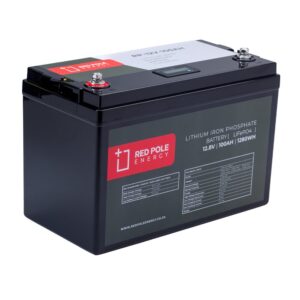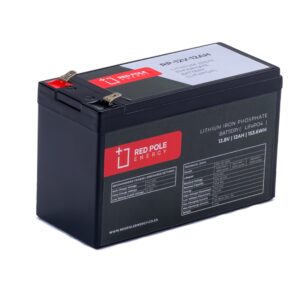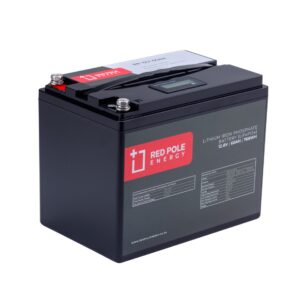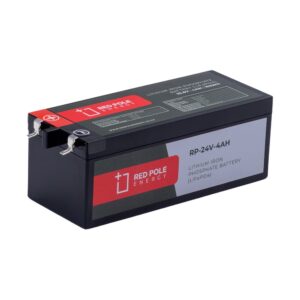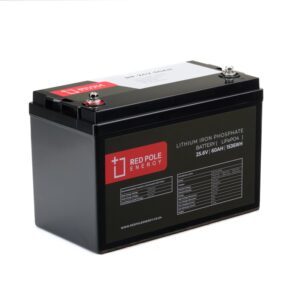12v Batteries
-

12V 6Ah 75Wh Lithium Battery Alarm / Gate Upgrade
R799 inc VAT -

12V 100Ah 1280Wh Lithium Battery – Small Inverters & Backup
R8,999 inc VAT -

12V 12Ah 153Wh Lithium Battery – Alarm / Gate Upgrade
R1,599 inc VAT -

12V 18Ah 230Wh Lithium Battery
R2,099 inc VAT -

12V 60Ah 720Wh Lithium Battery
R3,999 inc VAT -

12V 210Ah 2688Wh Lithium Battery – LCD Display (200A BMS)
R13,499 inc VAT
48v Batteries
No Results Found
The page you requested could not be found. Try refining your search, or use the navigation above to locate the post.
All Products
FAQ’s
If this does not answer your question, please reach out to us.
WILL A LITHIUM 12V 7AH REPLACEMENT BATTERY CHARGE FASTER THAN THE LEAD ACID BATTERY DID?
The lithium battery is able to charge at much higher rates than the lead acid battery but most of the applications using these 12v 7Ah batteries, like gate motors or alarm systems do not have strong chargers built in. They typically have 0.4 to 1A chargers. Thus, depending on the charger output it can take between 15 hours to 6 hours to fully charge the battery if completely depleted (depends on the current output of charger).
You can check the manual for your specific model to see what the maximum current of the charger is. Charge time guidelines for a fully depleted 12.8v 75Wh lithium battery : 0.5A = 12 hours, 1A = 6 hours, 2A = 3 hours, 3A = 2hours
Normally the charger output and typical usage of a device makes sense to keep a battery charged for occasional outages. But you could find that with very frequent loadshedding, that the battery drains more than it is able to recover in the periods there is electricity. This is not a restriction of the battery (our lithium batteries can handle charging currents of 6A to 100A), but a restriction of the charger. This should only be a problem if a gate or garage door is used a lot, and load shedding takes place a few times in a day. In this case an extra or stronger charging circuitry might be required so the battery can be recharged in a short period of time. Alarm companies supply extra battery backup power supply that can charge at 3.2 Amp for example. Speak to you device supplier if this is identified as a problem in your case.
HOW DO I KNOW WHAT CAPACITY BATTERY I REQUIRE?
The total possible runtime for lithium batteries is a lot easier to calculate than lead acid batteries. You need to know the power of the connected load in Watts (W). This is normally indicated on the device. If not, see if you can see the current draw in amps (A). Watts is simply the volts and Amps multiplied. So if using 12v and 1A, then the power in Watts is 12v x 1A = 12 W.
Once you have the power in watts, then divide the lithium battery’s (Wh) rating with that number to get the amount of time it will run.
Example: a 12v alarm system drawing 1A load, connected to a 12v 75Wh battery has a 12W load typically, so the calculation is 78Wh divide by 12W = 6.25. That is 6 hours. To work out the minutes, multiply 0.25 x 60 minutes = 15minutes. Thus it can run the alarm system for 6 hrs and 15 minutes.


